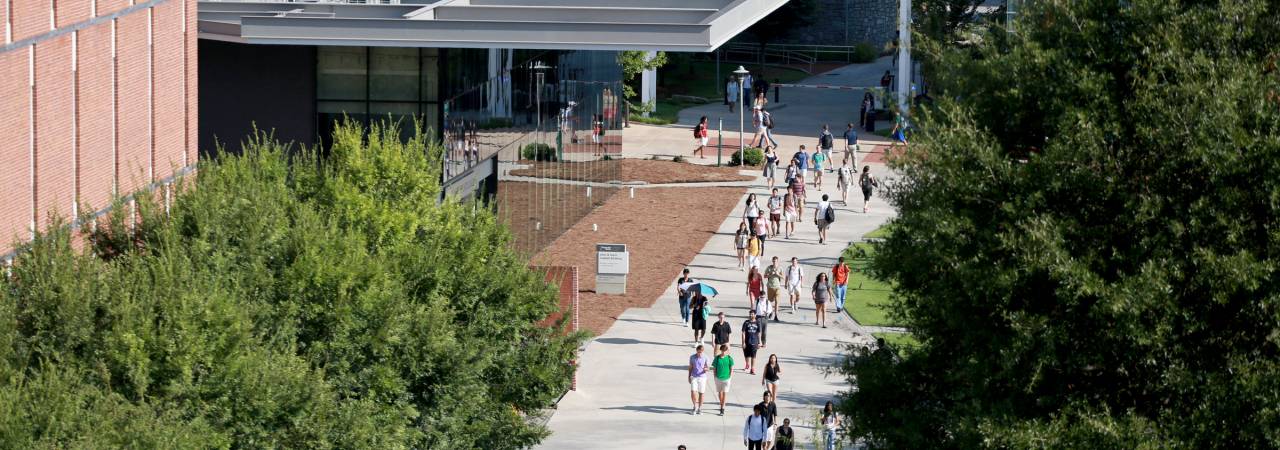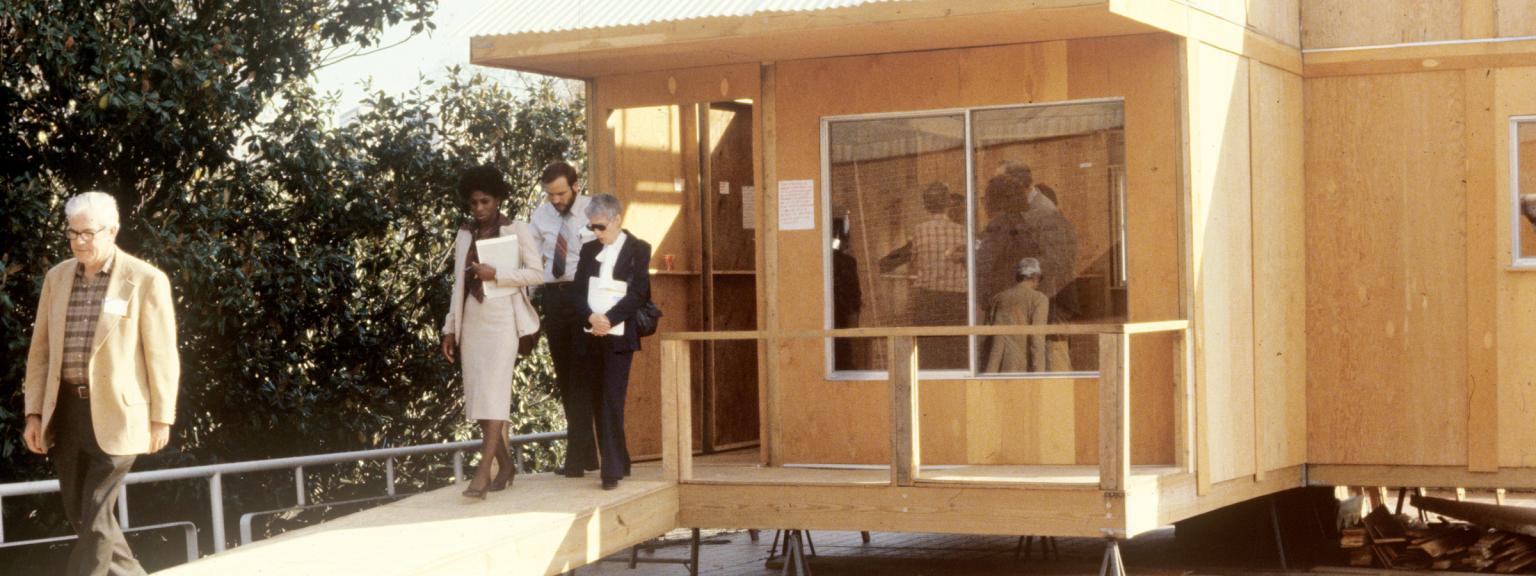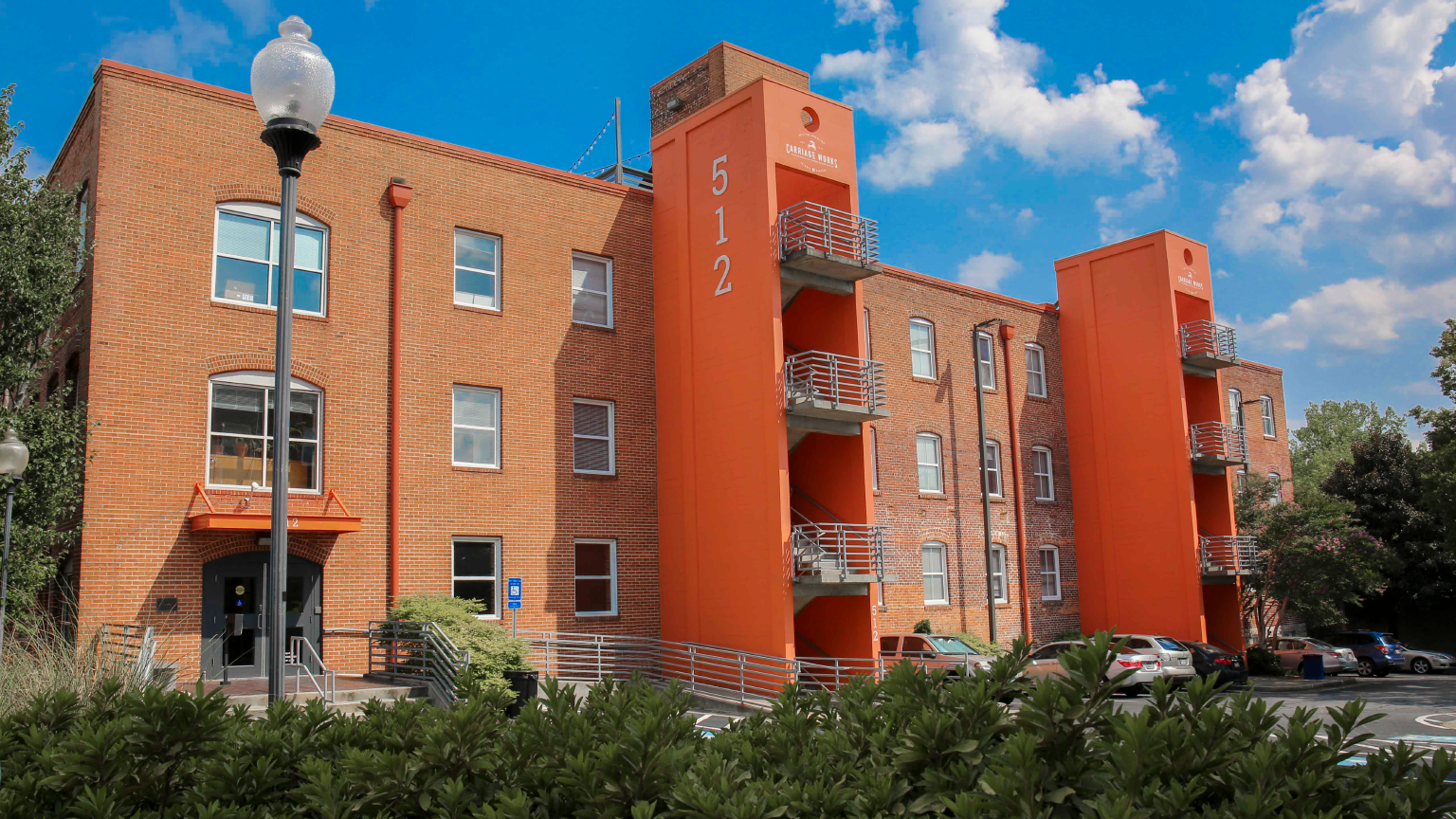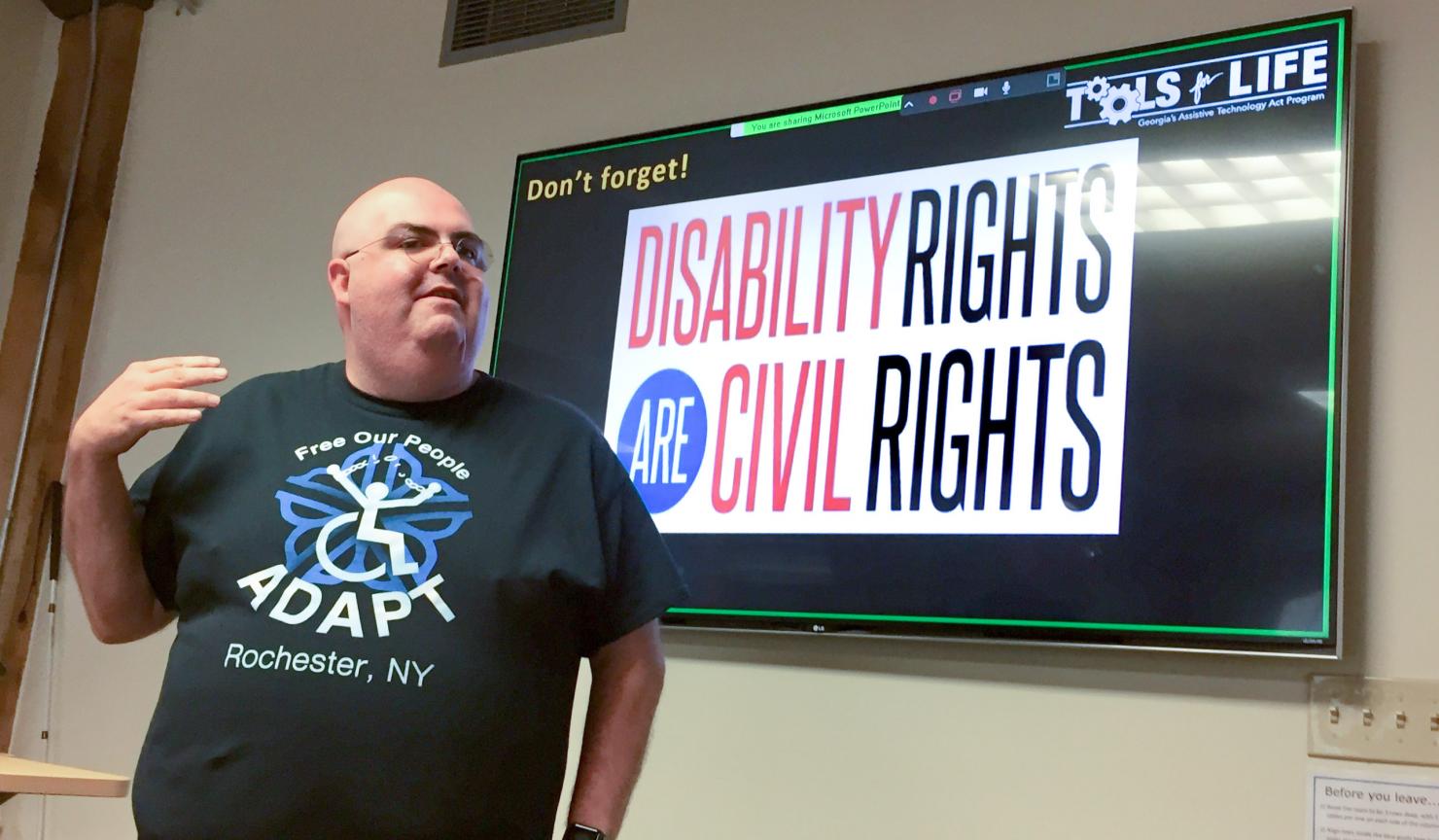
Our History, Mission, and Purpose
Combining decades of service and research, CIDI's mission is to improve the human condition through equal access to technology-based and research-driven information, services, and products for individuals with disabilities.



